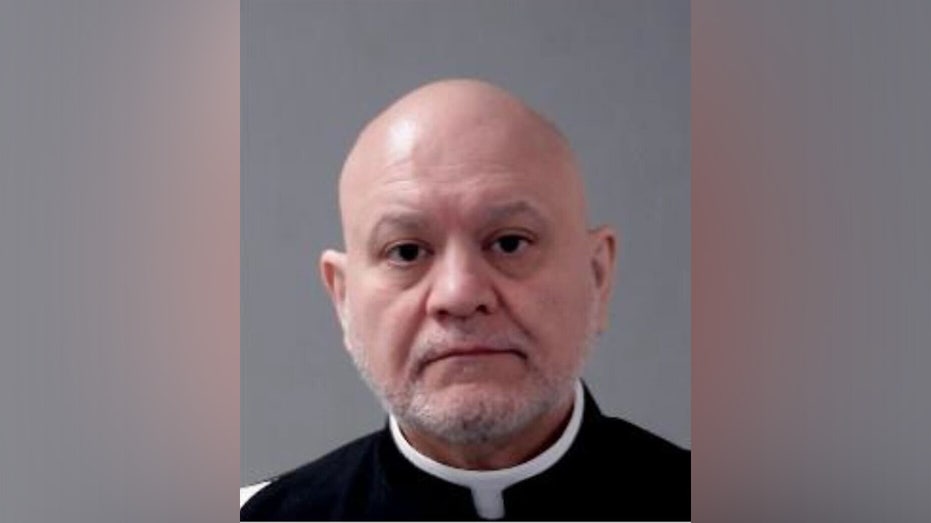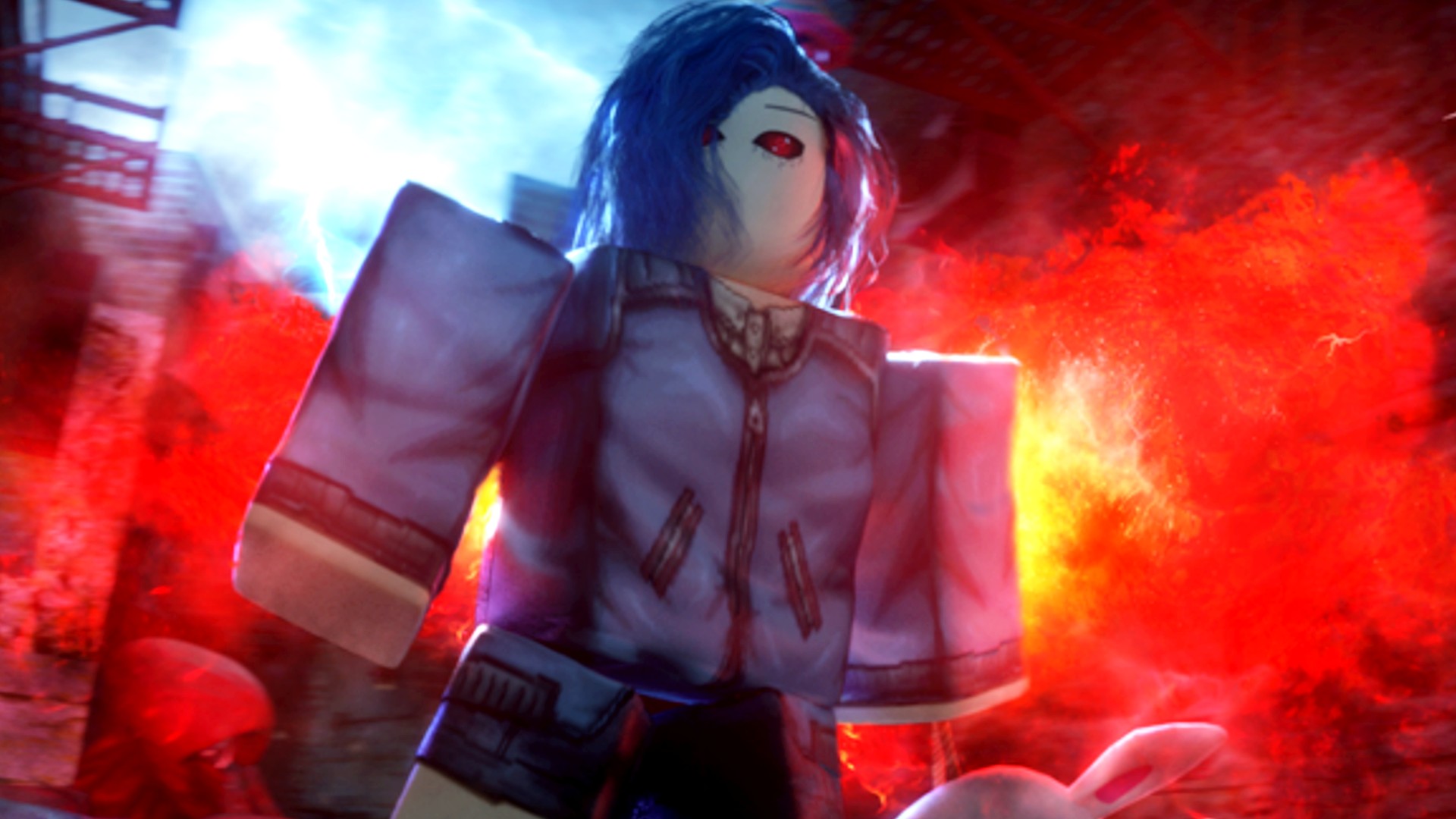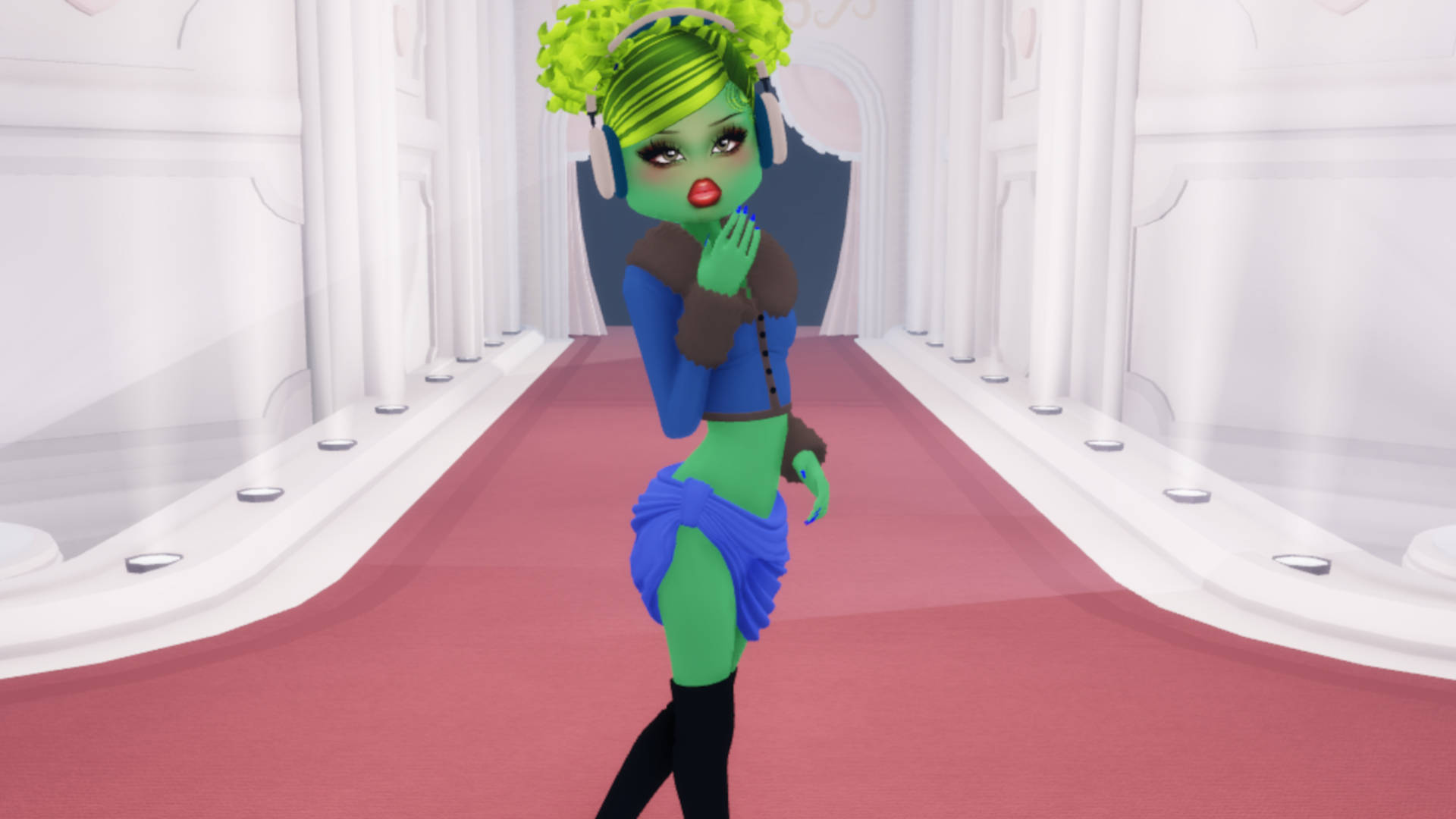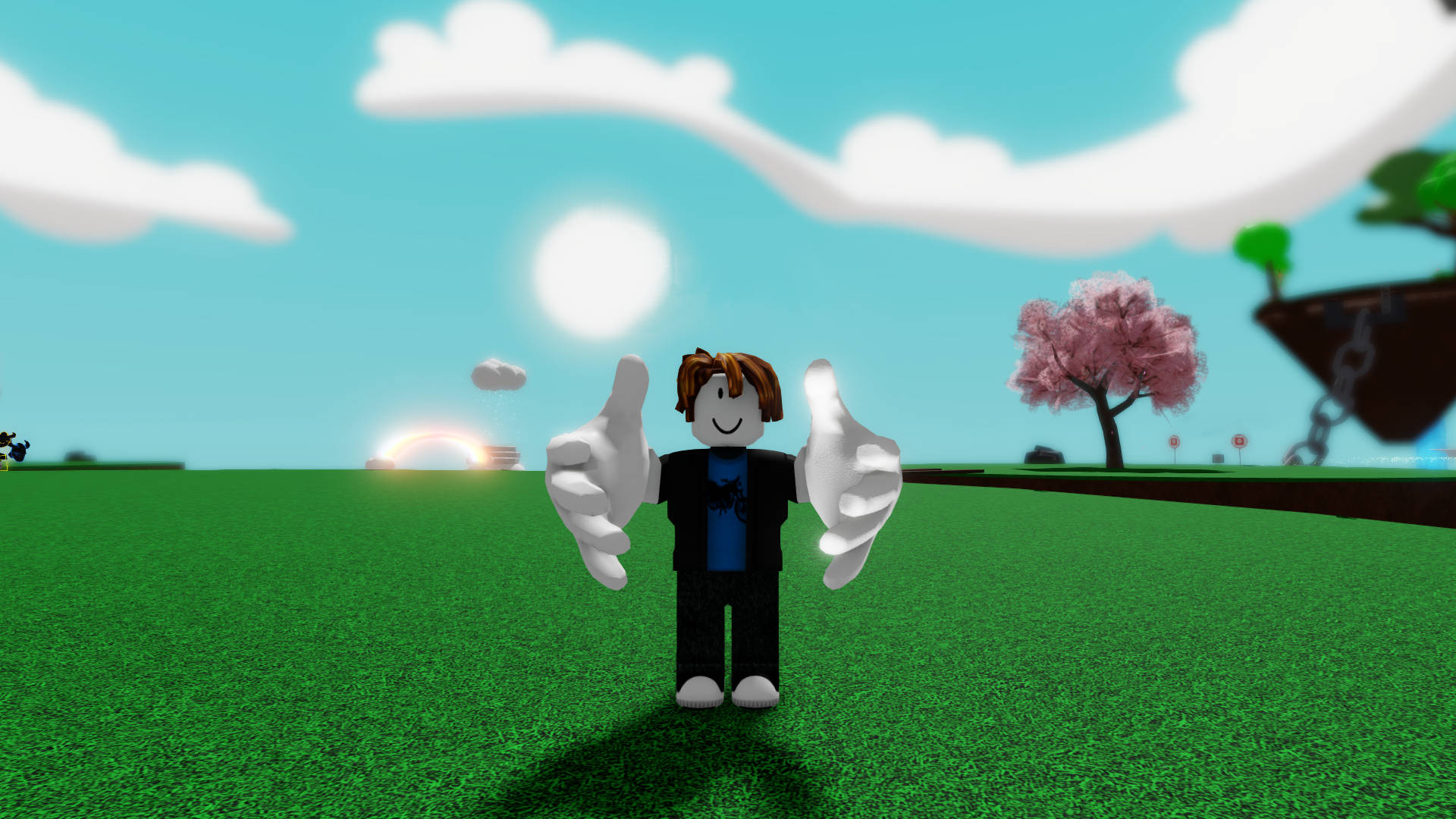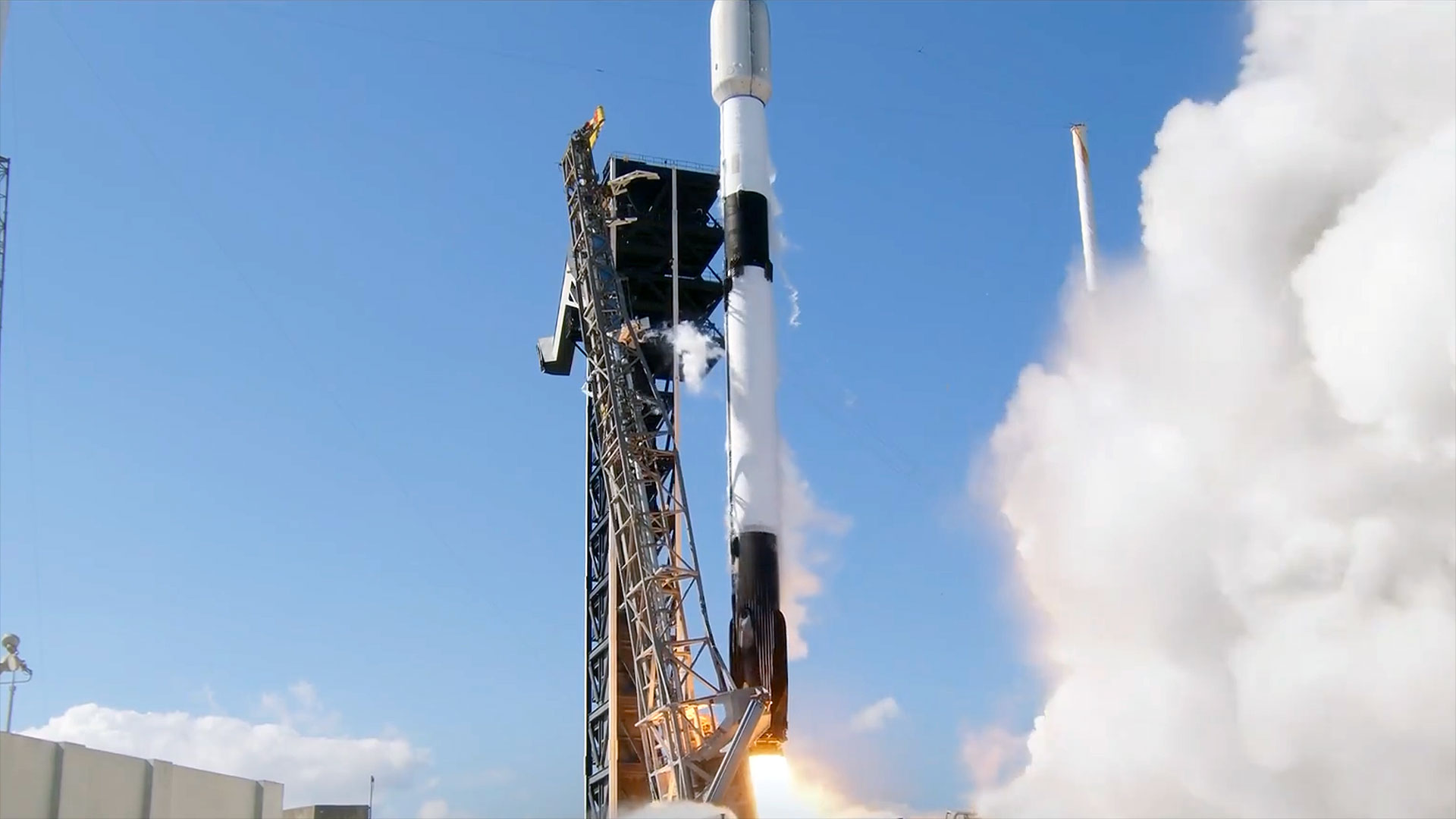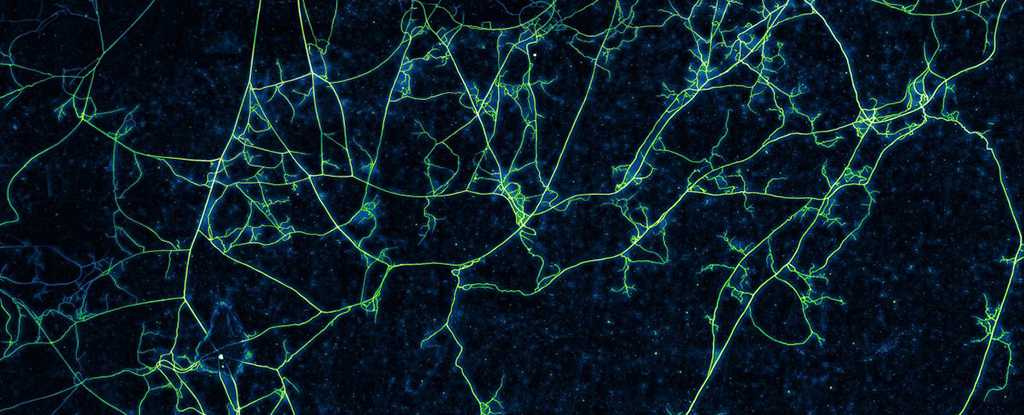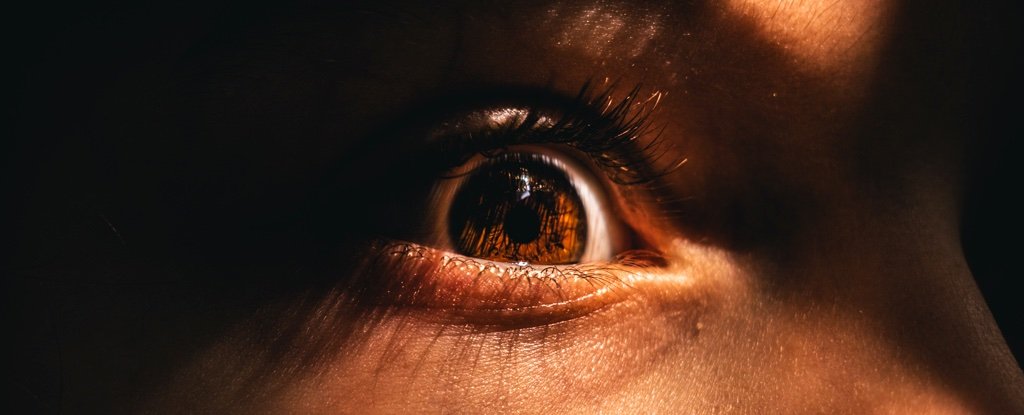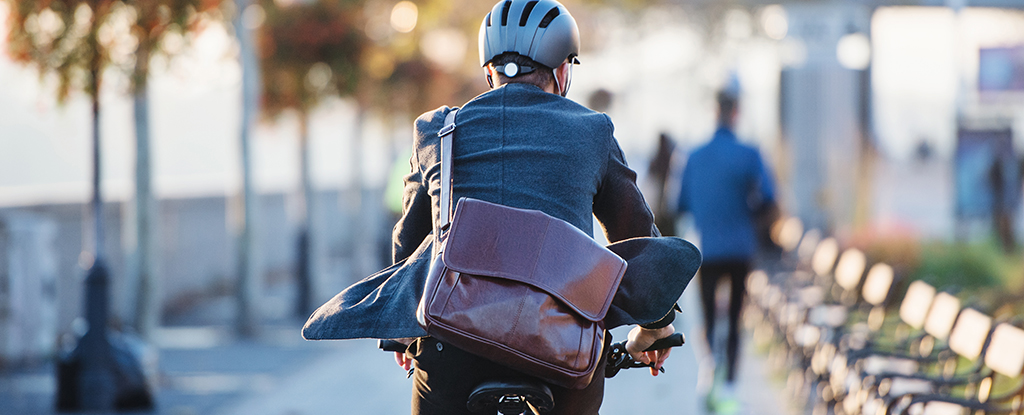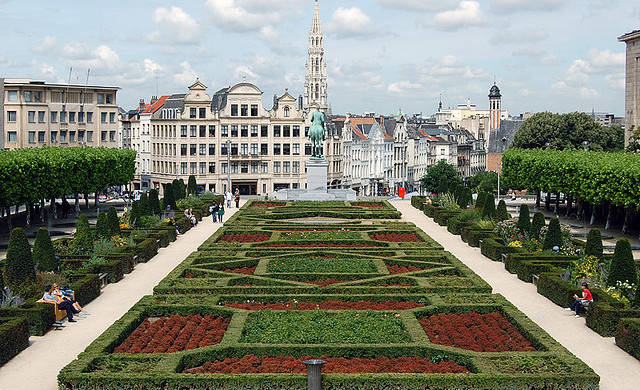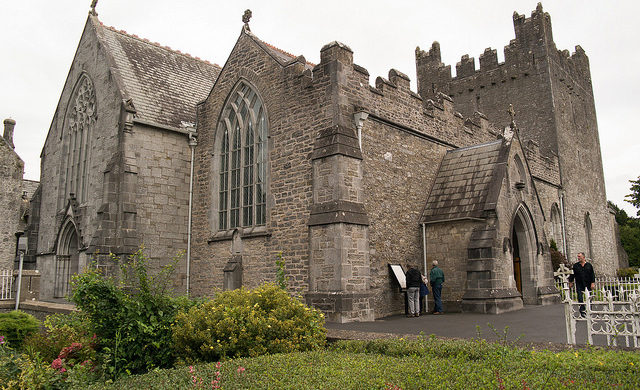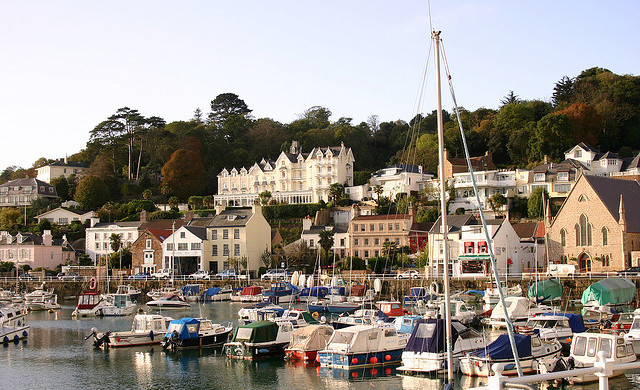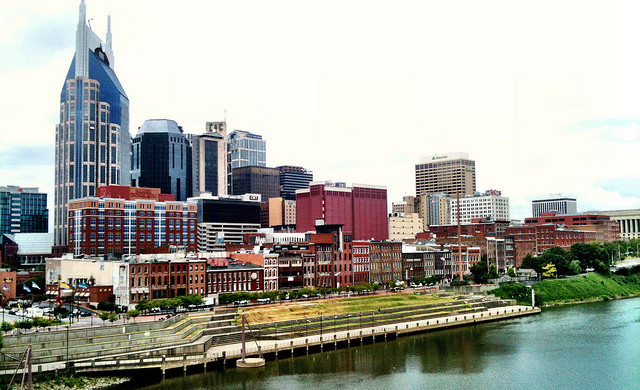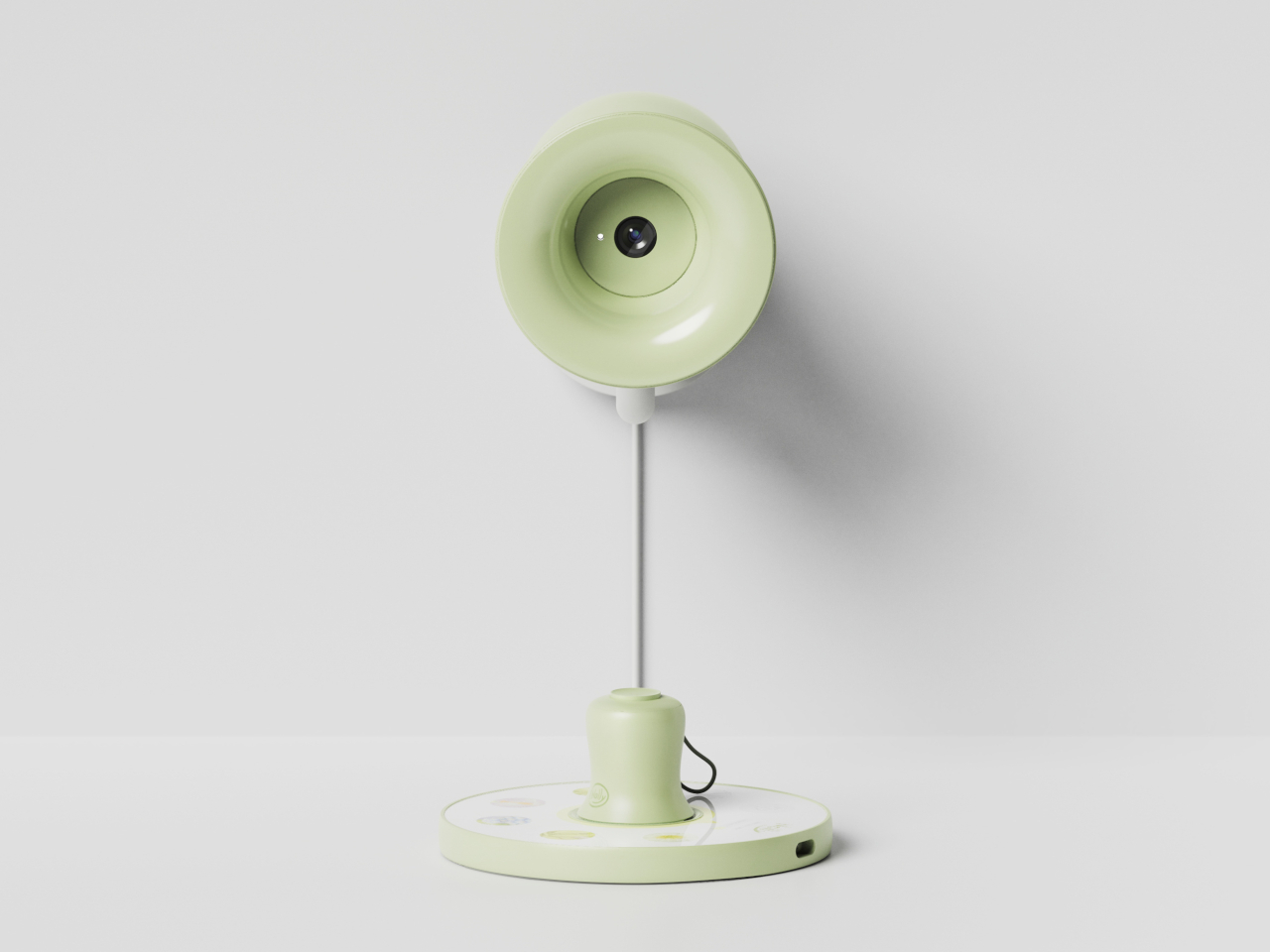Andrew O’Hagan: ‘A kind of Dickens and Zola energy was pulsing’
The author and journalist on ‘modern London corruption’ and his Orwell prize-shortlisted novel Caledonian Road, how he helped Jonathan Franzen and the last book he gave as a giftJournalist, novelist and cafe owner Andrew O’Hagan, 56, grew up in Ayrshire and lives in London, the setting for his most recent book, Caledonian Road, now out in paperback. Shortlisted for last year’s Orwell prize for political fiction, it follows 60 characters over 650 pages and has been praised as an “extremely readable how-we-live-now novel” (Margaret Drabble) that “captures London in all its messy, multicultural glory” (Yotam Ottolenghi) and “instantly feels like a box set waiting to happen” (the Standard).Tell us how Caledonian Road came about. I was writing a lot of big stories for the London Review of Books – working with Julian Assange [on a memoir that Assange disavowed, an experience O’Hagan reported on], with another guy who claimed to have invented bitcoin, with people who were reinventing themselves on the net – and a lot of that reporting came together in the character of Campbell Flynn, a kind of falling man at the centre of modern London corruption. I got some insight into the British aristocracy’s relationship with dirty Russian money, and following that money led to street gangs, migrant traffickers, fashion brands and high-street businessmen. In my head, a kind of Dickens and Zola energy was pulsing. The research became huge: I was at the polo in Windsor one minute, with the queen attending, or with rap gangs or inside Leicester sweatshop factories the next. I was sort of amazed at the real-life connections and wanted to give inner life to them. Continue reading...

The author and journalist on ‘modern London corruption’ and his Orwell prize-shortlisted novel Caledonian Road, how he helped Jonathan Franzen and the last book he gave as a gift
Journalist, novelist and cafe owner Andrew O’Hagan, 56, grew up in Ayrshire and lives in London, the setting for his most recent book, Caledonian Road, now out in paperback. Shortlisted for last year’s Orwell prize for political fiction, it follows 60 characters over 650 pages and has been praised as an “extremely readable how-we-live-now novel” (Margaret Drabble) that “captures London in all its messy, multicultural glory” (Yotam Ottolenghi) and “instantly feels like a box set waiting to happen” (the Standard).
Tell us how Caledonian Road came about.
I was writing a lot of big stories for the London Review of Books – working with Julian Assange [on a memoir that Assange disavowed, an experience O’Hagan reported on], with another guy who claimed to have invented bitcoin, with people who were reinventing themselves on the net – and a lot of that reporting came together in the character of Campbell Flynn, a kind of falling man at the centre of modern London corruption. I got some insight into the British aristocracy’s relationship with dirty Russian money, and following that money led to street gangs, migrant traffickers, fashion brands and high-street businessmen. In my head, a kind of Dickens and Zola energy was pulsing. The research became huge: I was at the polo in Windsor one minute, with the queen attending, or with rap gangs or inside Leicester sweatshop factories the next. I was sort of amazed at the real-life connections and wanted to give inner life to them. Continue reading...
